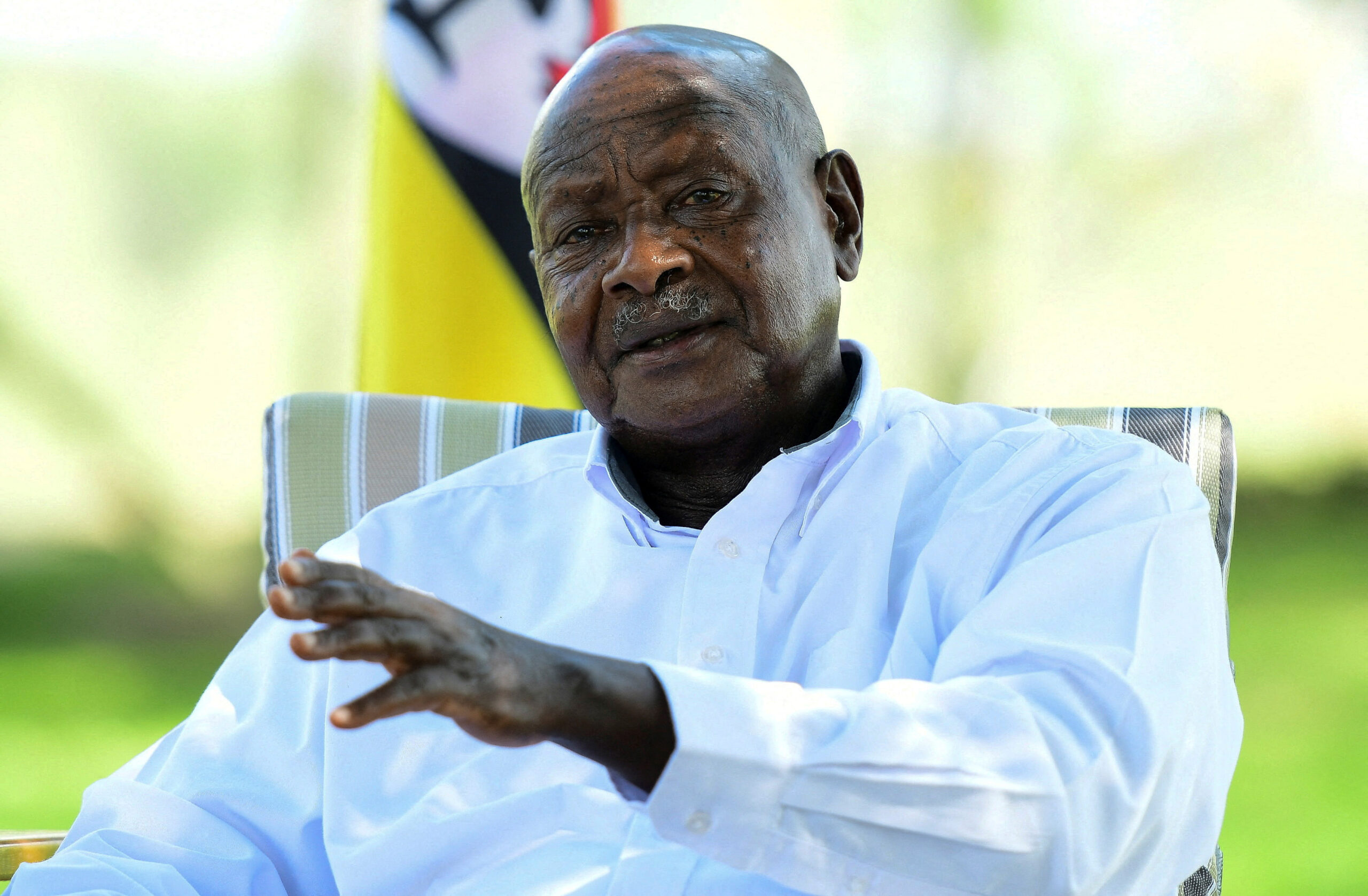By 2023, President Yoweri Kaguta Museveni, who will be the fourth-longest-serving head of state in Africa, will have solidified his legacy.
He put a stop to two autocracies: in 1979, his militia helped overthrow Idi Amin’s notoriously cruel administration, and in the 1980s, his army triumphed in a guerrilla war against Milton Obote’s ruthless regime. Museveni became the first leader of a populist uprising to overthrow an African government in 1986 when his soldiers entered Kampala.
Media and public attention have lately been on Museveni’s violent treatment of political opponents and the decline of human rights during his administration. He is charged with inciting violence and mistreating detractors in a petition to the International Criminal Court. Leading opposition figures still bear the wounds of assault from.
But Museveni continues to be crucial for many Ugandans. The president’s claim to power is largely based on history and the grip that the nation’s troubled past has on its current populace.
Most Ugandans no longer remember the inhumanity of the 1970s and the early 1980s, including the indiscriminate and unpredictable cruelty of the Amin regime and the mass murders committed under the Obote regime.
The government of Museveni has been forced to establish customs and institutions that serve as reminders of previous events in Uganda. His lasting contribution has been to preserve the vivid recollection of the dark past that is politically instructive.


